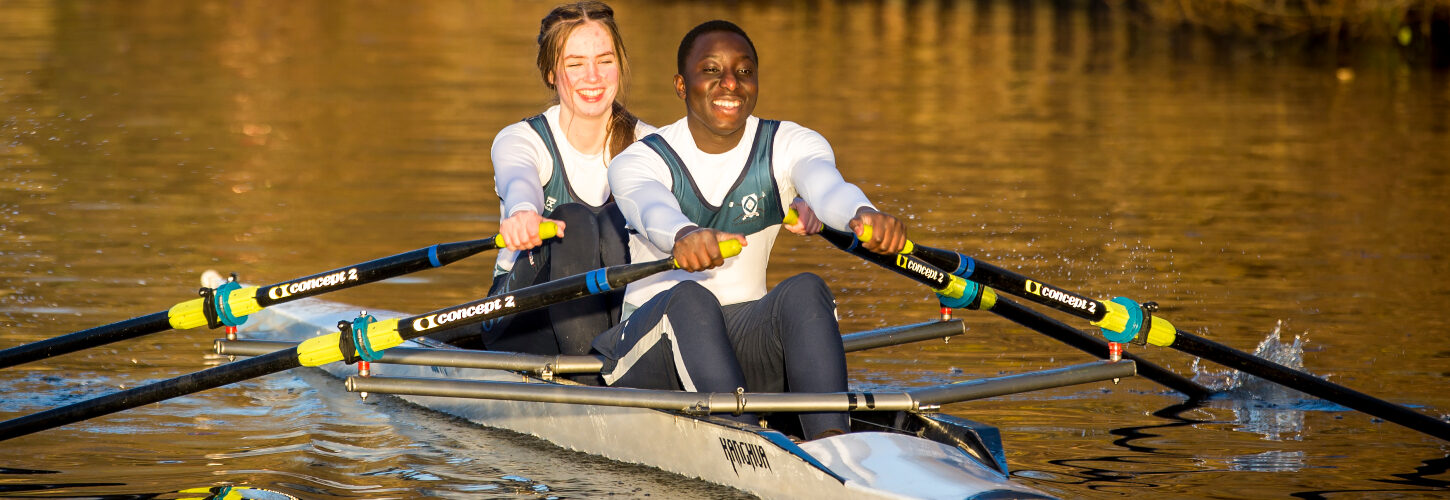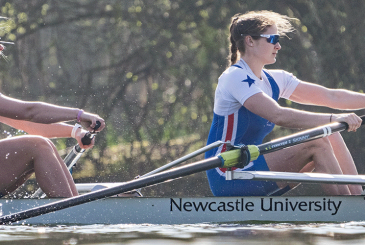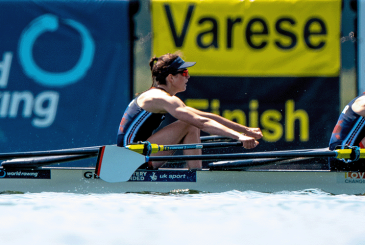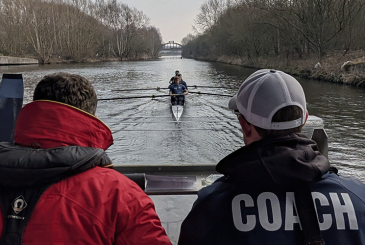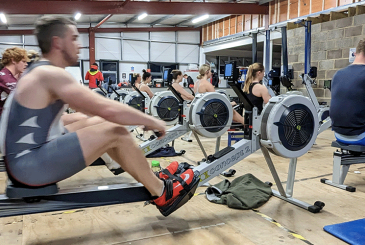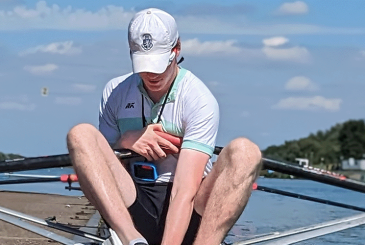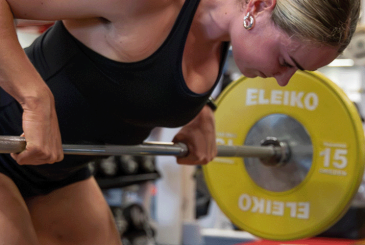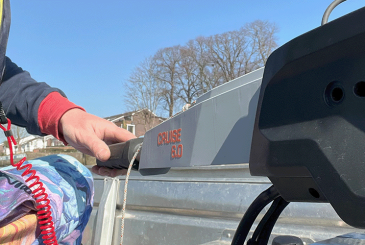Ciarán Longmore coaches at Gorse Boat Club and is passionate about introducing as many juniors to the sport, whatever their background. Lucy Lloyd from Junior Rowing News finds out more
We all remember our first day at the boathouse. After all, for many, it’s a formative moment. Some of us simply found ourselves awestruck by the racks of sleek shells that seemed to stretch up to the sky and beyond, whilst others took a moment to reflect on the glistening waters of the local lake or river. As time progresses, the everyday fascination with the building may fade, but the camaraderie and collaborative nature of the sport continues to light our lives.
This passion and principle of unity inspired the founding of the Gorse Boat Club in September 2016 as a partnership between Row Leeds and the Gorse Academies Trust.
The boat club boasts an enviably simple aim: to get as many students involved in rowing as possible regardless of experience or ability. With five secondary academies and one post-16 college, in normal times almost 3,500 pupils experience indoor rowing for eight weeks each year. If they enjoy it, they can then try indoor racing and progress to Gorse’s on-water programme, with the most promising rowers moving to the elite squad at Elliott Hudson College.
“My time at other clubs taught me that talent is spread evenly – it just requires someone to recognise it”
Pupils attend from a wide variety of backgrounds, coming from some of the most impoverished areas of the country with Gorse’s goal being to eradicate the ‘link between poverty and academic underperformance’.
Former York City rower Ciarán Longmore came to Gorse to coach in 2018 and says how important it is that young people understand that in rowing, as in many areas of life, if you apply yourself you end up being successful.
So, what brought him to Gorse?
“My time at other clubs taught me that talent is spread evenly – it just requires someone to recognise it. Therefore, an aspirational rowing programme, here in Leeds for young people, who otherwise wouldn’t experience rowing, was really appealing.”
He adds: “We are working hard to bring rowing to the heart of our school communities. We remove the biggest barrier – cost. Clubs and racing are free to all, including transport as well.”
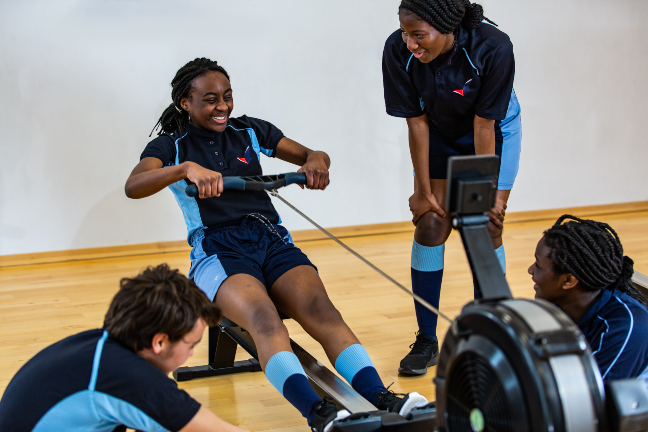
Gorse runs a school-centred initial teacher training (SCITT) programme to recruit teachers from rowing backgrounds to help with the rowing while also continuing positive conversations around sport in the classroom. By incorporating the juniors’ personal experiences of rowing and showing an interest, teachers can create a layer of bubble-wrap around the rowers to keep them safe and engaged.
Ciarán says: “Teachers understand the aims of the programme and signpost pupils to get involved; walls of the school are adorned with pictures of rowing and we celebrate the success of our pupils. In doing this, the natural path is for our younger students is to join our clubs.
Junior rower Millie enjoys the camaraderie:
“It’s about my teammates and continually being inspired by them”
“It would be no lie to say that our pupils might encounter more barriers to engagement than other members of British Rowing, but through creative and empathetic thought we can find solutions to them – whether this is handing out swimming vouchers during the holidays or rewarding kit to those who attend regularly.”
Another barrier would be that many of the juniors attend the mosque at 5pm and therefore can’t participate in water training, which finishes at 6pm, but Ciarán is optimistic that they will work out a way to overcome these issues in the future. He is keen to emphasise the importance of the incredibly welcoming rowing community in helping to keep children engaged with the sport.
Though the programme’s long-term objective is to take athletes to national competitions, it is just as passionate about ensuring that sport becomes integrated into young people’s lives from an early age.
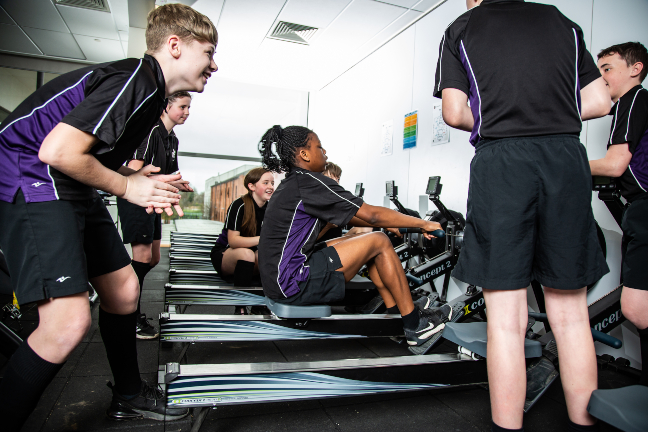
“The pupils in our programme aspire to win competitions indoor and on-water and there is a growing understanding that rowing isn’t just a sport they do at school, but a sport that happens at universities and clubs across the country. This understanding is driving many students to aspire to study at top universities.”
Junior rower Millie enjoys the camaraderie of the sport. “It’s about my teammates and continually being inspired by them,” she explains. “They motivate me to push myself to the limit and see what I can do, which without rowing, I don’t think I ever really would have got the bug for.
“The determination, grit and resilience needed for rowing is one of the aspects of the sport that I enjoy the most”
“Rowing has taught me so much about me as a person and helps me continually improve. It has introduced new skills, people and life lessons to me, for which I’m very grateful and why I am so glad I joined Gorse.”
For another junior, Dhruv, it’s the fitness and team aspect of rowing that appeals.
“The determination, grit and resilience needed for rowing is one of the aspects of the sport that I enjoy the most,” he says. “It is also nice to be involved in a sport that takes place on the water.”
The sport has also helped both to navigate the COVID-19 restrictions and pressures of the last year.
“Gorse helped me stay fit in lockdown and that helped my mental and physical health so much”
Dhruv adds: “I think the hard working and resilient nature of rowing has definitely played a part in pulling me through lockdown. We had several competitions in the Gorse Boat Club, mainly in weekly runs, which pushed me to maintain my physical health.”
Millie agrees. “When the first lockdown hit in March 2020 – although I don’t have an erg – I still applied what I had learnt at rowing to my daily life. If I hadn’t have done rowing, I wouldn’t have been so motivated to exercise, or so committed to keeping fit and healthy.
“Gorse helped me stay fit in lockdown and without a doubt that helped my mental and physical health so much.”
Another important part of the Gorse programme is the incentive scheme, which not only encourages students to continue to attend extracurriculars, but also broadens their horizons. An example would be the day trip to Henley, which the staff had planned for this summer.
Overall, the most admirable and vital aspect of the Gorse initiative is its commitment to truly opening up the sport to all. As Ciarán says, it’s about putting everyone on a level playing field – whatever their background – so that they can show their ability and enjoy the sport.
With on-water rowing once again accessible to most rowers in the UK, Gorse will no doubt be looking to light a spark for the sport in the hearts and minds of their latest junior cohort.
Ciarán says: “My aspiration is that pupils grow to love rowing like I do. This love will hopefully guide them into pursuing the sport in school and enjoying active lifestyles as adults.”
Photos: Gorse Boat Club


